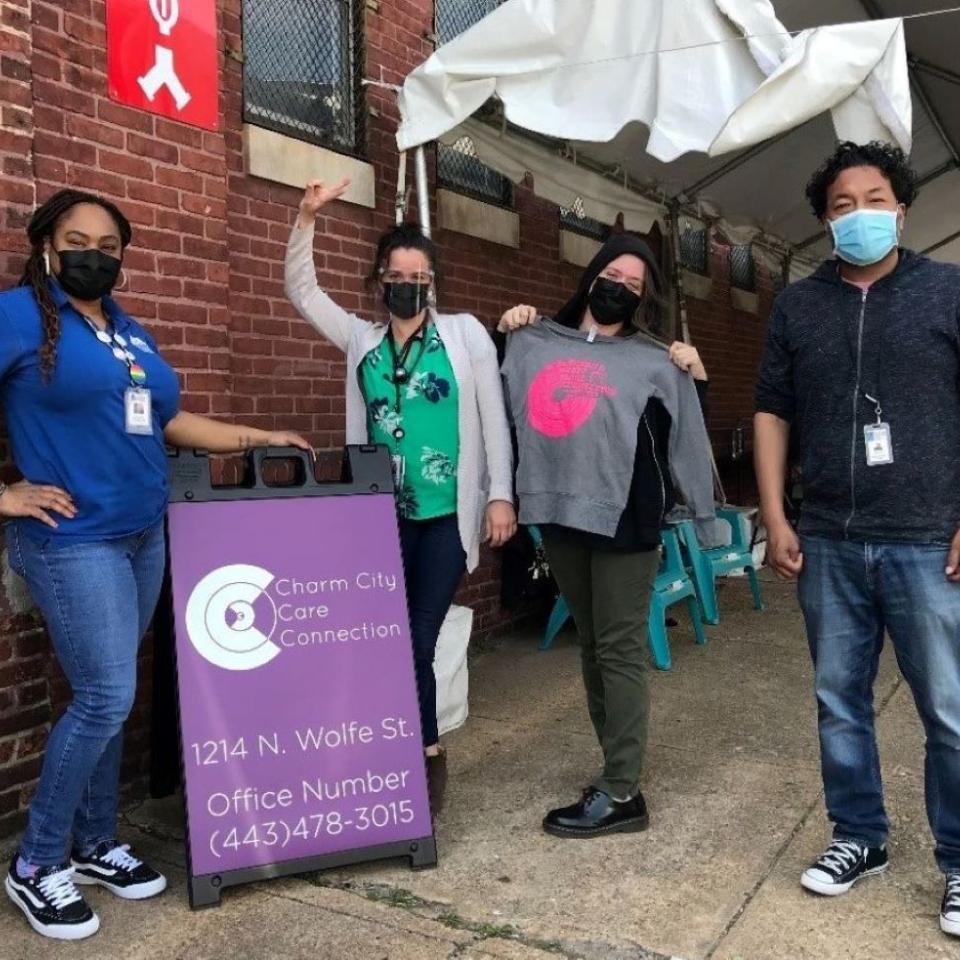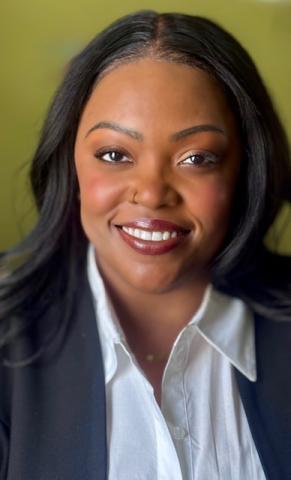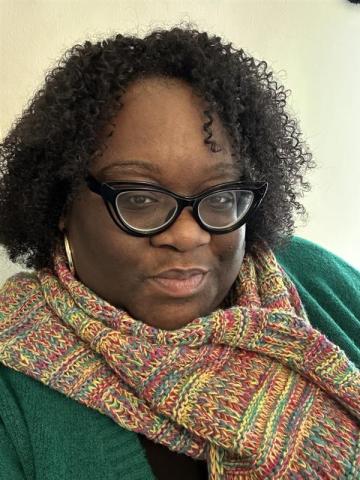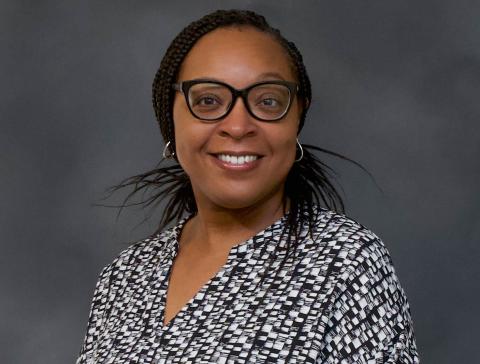
Our Syringe Service Program is on the move!
A year into becoming the first Federally Qualified Health Center (FQHC) in Maryland to provide syringes for safer drug use, we are taking this service into the community!
Why get excited about expanding syringe services?
Syringe service programs (SSP) are proven to keep people who use drugs safer, while limiting the spread of HIV and Hepatitis C in the community by an estimated 50%, according to the CDC.
“When I look at other FQHCs in the country, we’re one of the only ones doing this,” says MAT Nurse Coordinator Molly Greenberg, RN. “This is essential health care, and if it improves the safety of people who are using substances, why wouldn’t we offer SSP?”
With the rollout of SSP at our downtown clinic, we are providing harm reduction care that clients have requested for years.
Now those same trusted services are going to be available on our mobile clinic!
why now?
Once we established our safe use kits and certified our providers through the state health department, the next logical step was getting SSP out to neighbors who can't make it to our clinic doors.
Our mobile clinic goes to over a dozen partner sites at local shelters, community sites and encampments in Baltimore. From the onset, we partnered with staff at Charm City Care Connection and SPARC Women's Center to identify high-use areas across the city, ensuring services are meeting greatest need in the community.
That means delivering on-site medical care, vaccinations and, as of this year, SSP.
So far in 2022, we've given out 37 safe use kits and counting.
What's in a safe use kit?
After an initial consult with a medical provider, clients get a safe use kit that contains:
- 1 pack of 10 needles (sized by preference)
- 10 band-aids
- 10 cookers
- 2 antibiotic ointments
- 2 hand sanitizer wipes
- 1 SSP-verification card
- 2 tourniquets
- 2 sterile water packets
- 1 small sharps container
Delivering client-driven care
“It’s important to tailor care to meet the needs of each person,” says Mobile Van Program Coordinator John Lane, reflecting on the program’s success to date.
“People tell us what they want, in terms of needle size for example, and we can easily swap those out to meet their specific need,” says Molly, who works closely with members of the mobile clinic team to provide a regular supply of safe use kits. “We check to see if someone wants Narcan or fentanyl testing strips with their kit, and we can provide that as well.”
SSP give us a low-barrier opportunity to tell people in the community about additional substance use services at Health Care for the Homeless—in addition to behavioral health support, wound care, medical testing and more.
“It’s really been going great,” says John. “We see participation continuing to grow, which is just awesome.”
More Recent News
We are thrilled to welcome Nikia Woodard, our new Director of Human Resources! With more than two decades of experience in the HR field, Nikia previously held leadership roles with the Maryland Transit Administration, Unified Women’s Healthcare and a behavioral health residential treatment facility for youth in Baltimore. Most recently, she served as Director of Employee Experience & Organizational Development at Loyola University Maryland, implementing university-wide professional development programs and encouraging a culture of continuous learning. Read on to learn more about Nikia (and her favorite snack)…
After a year of serving as Practice Manager of West Baltimore, Alkema Jackson is moving into the new role of Director of Practice Operations, Community Sites! She joined Health Care for the Homeless in 2022 as the Client Access Project Coordinator, collaborating across departments to help more people connect to agency services, and in 2023, she received a Core Value Award for Hope. Read on to learn more about Alkema’s approach to this new position…
Meet Christana Greene, our new Director of Compliance! With more than five years in the compliance field—most recently as Senior Quality and Patient Safety Specialist at GBMC Healthcare—Chrissy brings frontline insight to the role. She began her career as a medical assistant, gaining firsthand experience in what it takes to keep care safe and operations running smoothly. In her new role, Chrissy is focused on building a compliance culture grounded in safety, integrity and accountability. Read on to learn more about Chrissy...
Baltimore gets dangerously cold, and too many of our neighbors are out there. Here are three simple things you can do to make a difference in someone’s life this winter.




